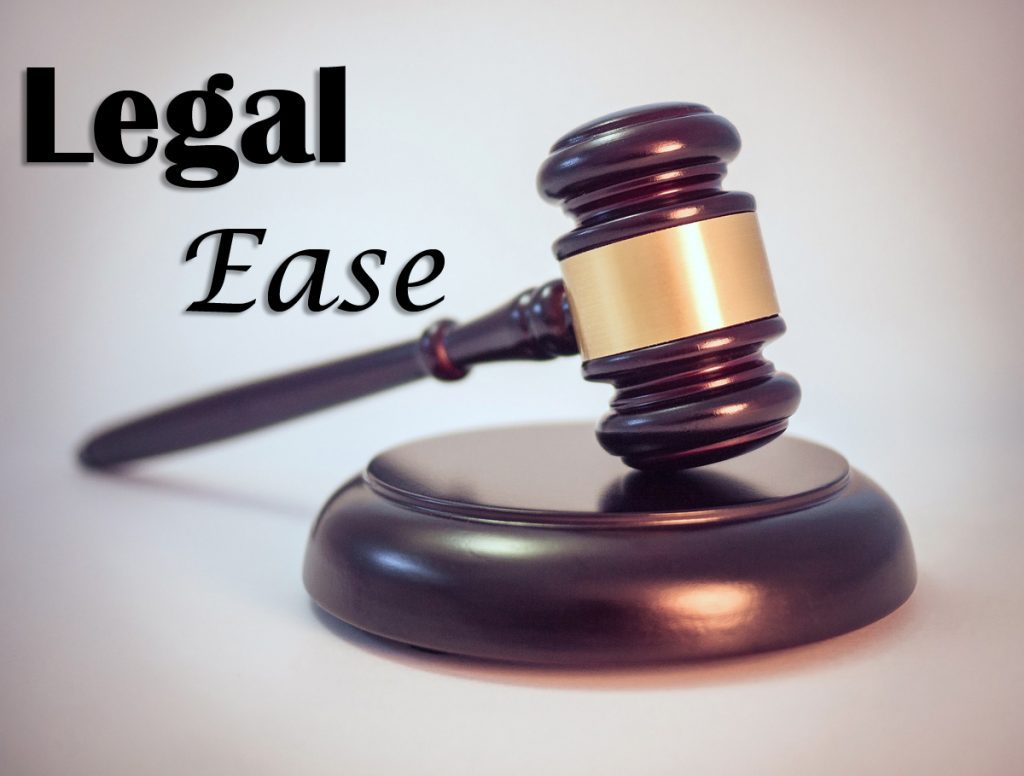When starting to plan your estate or learning about elder law, you will probably come across the terms diminished capacity or the legal protections necessary when someone is incapacitated. Just because someone has diminished capacity, dementia, or cognitive decline doesn't mean they are completely incapacitated.
When a person turns eighteen (18) years old, they have the right to make their own decisions. If an adult is unable to make financial or health care decisions for themselves, the question of capacity may come up. In Pennsylvania, an incapacitated person is defined as an adult whose ability to receive and assess information and to make and communicate decisions is impaired to the extent that they are partially or totally unable to manage their financial resources or meet their essential health and safety requirements.
If a physician says that an individual is incapacitated, it doesn't mean they are legally incapacitated. Unless a request for guardianship is made and a court declares the person legally incapacitated, they still have all the rights to make decisions for themselves. Pennsylvania requires that guardianship is pursued only when there is no less restrictive alternative.
Instead of guardianships, other options include appointing an agent under a General Durable Power of Attorney and a Durable Health Care Power of Attorney. Additionally, if someone doesn't have a power of attorney, a family member can sometimes act as a health care representative under Pennsylvania’s Health Care Representative Act (20 Pa. Cons. Stat. Ann. § 5461) to avoid guardianship.
Unfortunately, there are many situations that arise which require a guardianship to manage the estate of an incapacitated individual or to care for their health and safety. If there is no other less restrictive option, and an individual lacks the ability to receive and assess information effectively, and communicate decisions, guardianship will likely be necessary.
A guardian is someone appointed by the court to manage the health or financial affairs of the incapacitated person. This appointment may be made on an emergency, temporary, or indefinite basis, and may involve managing financial, health, and life decisions.
It's crucial to understand how incapacity applies to power of attorneys, wills and estate planning, and guardianship of an adult. Planning ahead and having proper estate planning documents in place can help avoid the need for a guardianship.
The legal advice provided in this column is general, consult your attorney for advice tailored to your specific situation.
Rebecca A. Hobbs, Esquire is licensed to practice in the Commonwealth of Pennsylvania and is certified as an Elder Law Attorney by the National Elder Law Foundation as authorized by the Pennsylvania Supreme Court. She is a principal of the law firm of O’Donnell, Weiss & Mattei, P.C., 41 High Street, Pottstown, and 347 Bridge Street, Phoenixville,610-323-2800, www. owmlaw.com. You can reach Ms. Hobbs at [email protected]









